Product managers play a crucial role in any product or company. They oversee an entire product's lifecycle, from ideation through development, tracking tasks, and making sure the product strategy is aligned with business goals. All of that requires a combination of technical, strategic, and interpersonal skills.

Below, we’ve listed 16 product management skills that employees are looking for when hiring a PM in 2023. Keep reading to learn the top tips from experts in the industry and more.
What are product management skills?
Product management skills include a broad range of abilities to drive product growth, keep your team highly involved and committed, and promote innovation. A good PM possesses critical thinking, is a great leader, and has top-notch prioritization and problem-solving skills. Different companies want different things from their PMs, so the specific skills you need may vary depending on where you work.
Product Management Skills According to Experts
Communication and prioritization are two of the most important skills a PM needs for the successful completion of day-to-day tasks, according to the ProductPlan survey. To be happy and productive in this role, you will also need management, organization, technical, and even design skills, as mentioned by other respondents.
Now, let's dig deeper and discover the top 16 product management skills that should be included in your resume.
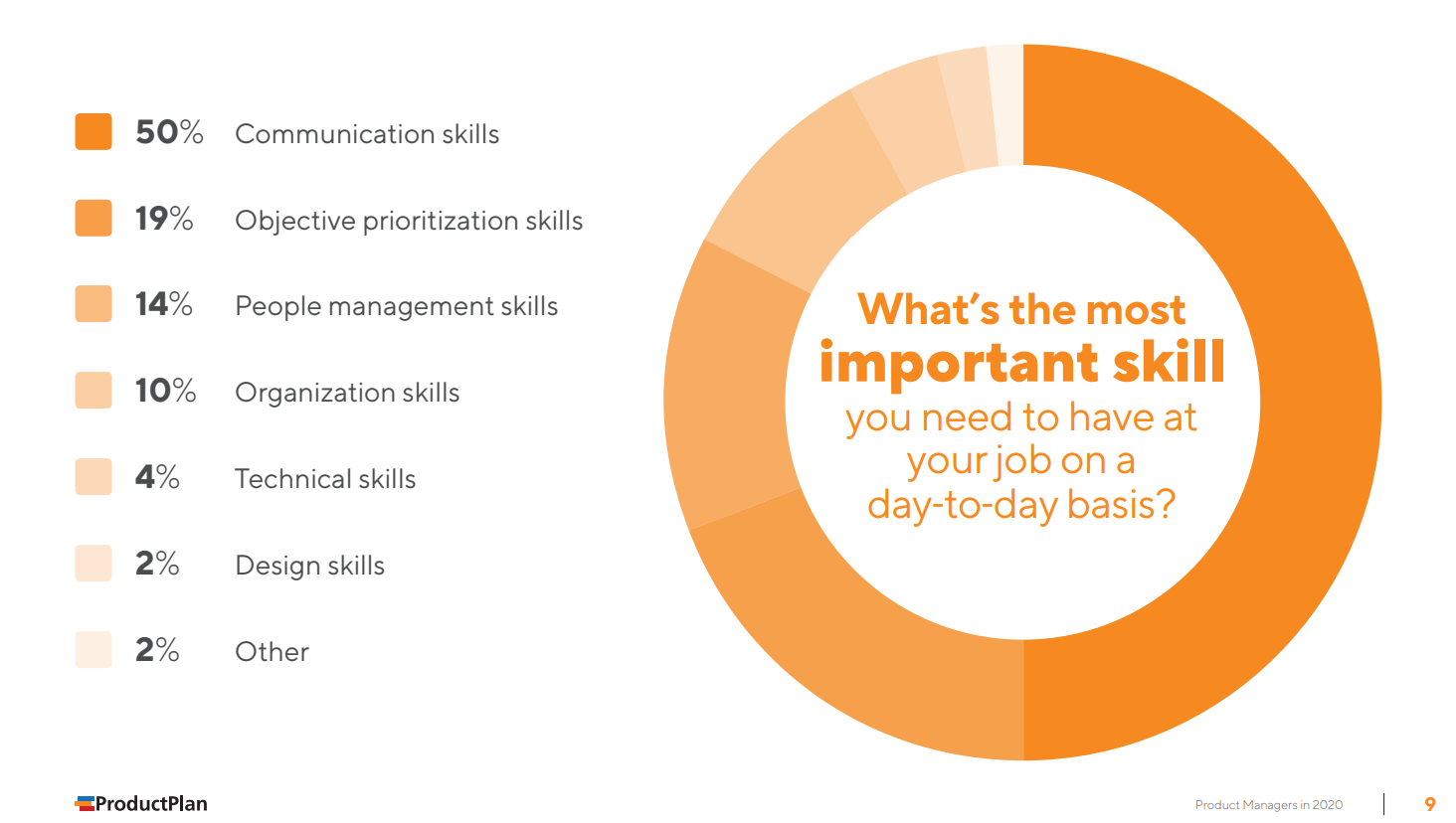
1. Strategic Thinking
Strategic thinking is one of the most crucial skills for product managers as they must see the bigger picture and make decisions that align with business goals. A product manager with strong strategic thinking skills can identify opportunities and threats, prioritize initiatives, pivot when needed, and make the right decisions at the right time.
They also analyze market trends, customer needs, and business objectives to develop a robust product strategy that will drive success.
Pro tip: To develop this skill and put your knowledge into action, you can conduct a series of SWOT analyses. This will help you because a SWOT analysis combines rational and logical thinking with inductive and deductive reasoning.
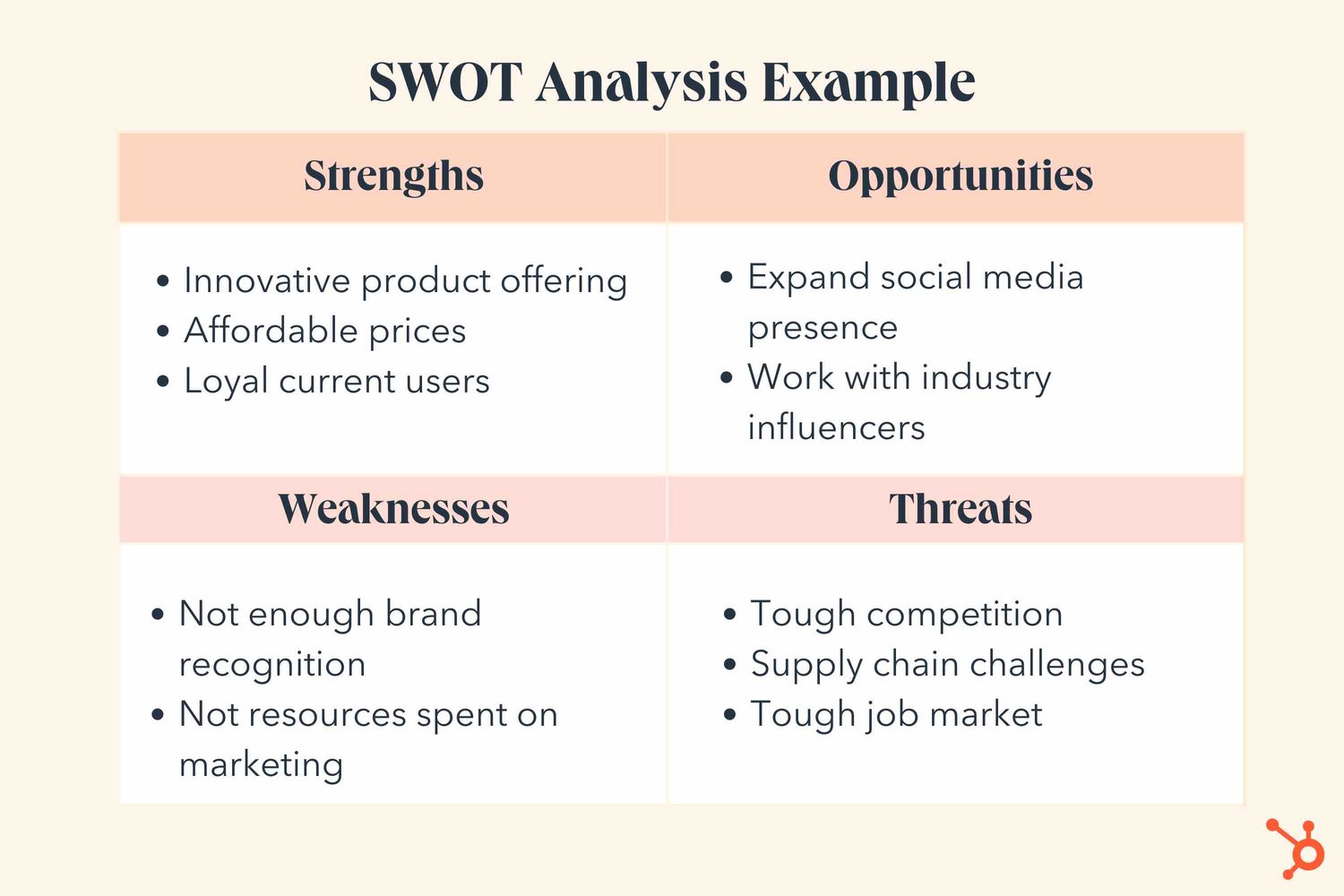
2. Customer Empathy
Customer empathy is putting yourself in your customer’s shoes and thinking from their perspective. This is vital for PMs, given that 73% of customers expect companies to understand their unique needs.
“Once, we were conducting user interviews across our customer base to understand pain points and challenges. This [empathy] helped us identify a need for a document-based product tailored specifically to the HR industry. After that, we developed a new product that meets the unique needs of our HR customers,” says Irina Datsenko, senior product manager at PandaDoc.
You must be able to conduct customer research, analyze data, and gather user feedback to develop a deep understanding of your target audience. As a result, a PM with strong customer empathy can create products that solve real problems and deliver an outstanding user experience.
Pro tip: There are many tools that can help you upgrade this skill and understand your customers on a deeper level. Consider sending micro surveys or user testing surveys to collect qualitative data and conducting 1:1 interviews, polls, focus groups, etc.
3. Research Abilities
To develop successful products, PMs must know the ins and outs of the market.
They should conduct market research on an ongoing basis, detect trends, keep an eye on competitors, and identify their weak areas to spark growth opportunities. Having strong research skills and being curious is mandatory to stay ahead of the game and beat competitors.
Pro Tip: Choose a market research template and try out your skills by conducting research for a test product.
4. Problem-Solving Skills
Problem-solving is not limited to creating new features or products. You'll need this skill throughout the whole product lifecycle to overcome obstacles such as lack of resources, improper internal processes, and other issues.
Pro Tip: Problem-solving skills can be enhanced with a lot of practice and patience. Try focusing on the solution, not the problem. Then, use the 5 Whys problem-solving framework to come up with all possible solutions.
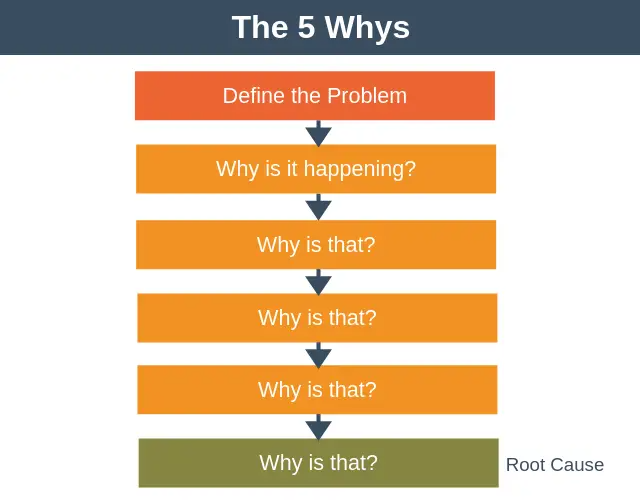
5. Prioritization
"There will be a million options to choose from as many people ask you to work on their ideas. It’s up to the PM to prioritize the most valuable initiatives,” says Bart Jaworski, an ex-product manager at Microsoft and founder of DR BART.
As a product manager, you‘ll get tons of ideas from different people. It’s unrealistic to keep up with every request. That puts prioritization on top for a great product manager. If you don‘t prioritize which tasks require immediate attention and which ones can wait, you’ll be setting your team up for failure.
“Prioritizing based on potential impact and feasibility brings focus to solutions that deliver the most value to the user, helping the team to deliver fast and iteratively, boosting execution,” says Levi Faria, senior product manager at Nomad.
Ultimately, the lack of prioritization skills translates into missing deadlines, delays in feature rollouts, bug fixing, and revenue.
Pro tip: To avoid getting overwhelmed with countless ideas and requests, follow prioritization frameworks. The Eisenhower matrix, Value vs. Complexity framework, MoSCoW analysis, and RICE scoring are widely used by PMs.
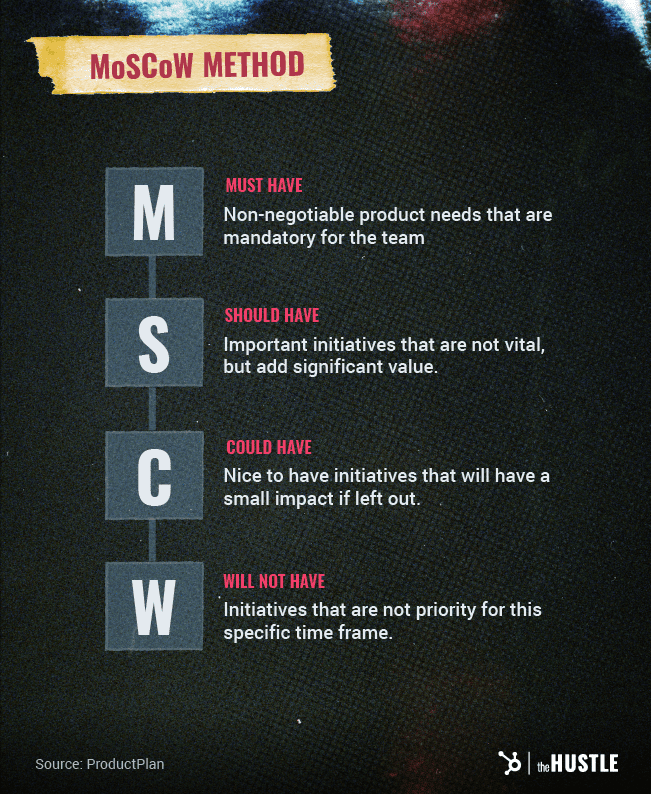
6. Effective Communication
Effective communication can either make or break your team. A product manager with solid communication skills can present ideas and strategic plans in a compelling way, build trust among stakeholders, and set realistic expectations. They also clearly communicate their product vision and strategy to the team and stakeholders.
“Effectively communicating the product vision, progress, and plans with stakeholders brings clarity and mitigates misunderstandings that may slow product development," Faria says.
On the other hand, PMs should effectively listen to the team's ideas and concerns and empathize.
“The biggest difference maker in our process at Alitu has been developing skills in customer interviews and UX testing. They‘re technically different processes, but they’ve been inseparably linked for us. Over the past 12 months, this has helped us drop our churn rate by more than 20%,” says Colin Gray, founder of The Podcast Host and Alitu.
Pro tip: Practicing continuously can help you develop this skill. Take part in meetings, conferences, and calls. Share your views, make presentations, and, most importantly, ask for feedback on your presentation. Keep practicing until you are confident enough to call yourself a communication wizard.
7. An Understanding of UX
Product managers work closely with UX designers to create products or features that resonate with users throughout the product life cycle. Technically, PMs are not required to be UX experts, but having basic knowledge is helpful.
“Having an understanding of UX principles enables PMs to consider both product usability and design while they work through feature requests or bug fixes,” says Travis Lindemoen, managing director of nexus IT group. “It also forces you to think through all possible user scenarios, which consequently avoids any unexpected negative feedback from users after the launch date due to UX issues.”
By understanding UX best practices and processes, PMs can adopt a user-centric approach, create products that meet customer needs more effectively, and foster collaboration with the product design team. Furthermore, they will learn the complexity of design-related tasks to plan the backlog effectively.
Pro tip: Get started with learning the UX basics on Coursera or Udemy. Consider “Introduction to User Experience Design” by Coursera. Enroll for free.

8. Analytical Thinking
Data analysis is an integral part of product management. So a good product manager must know how to interpret and use data.
PMs use data and analytics for a variety of purposes, such as customer behavior analysis, A/B testing, friction points location, etc. Analyzing data enables you to make better product decisions, track key performance indicators, and measure success.
You don’t need to be a data scientist, but knowing how to use complex data can help you make data-backed decisions and drive the company to success.
Pro tip: Don’t dig into every bit of data that is available. Focus on the most important KPIs and extract insights. Set up product analytics tools and collect relevant data in one place.
9. Leadership Skills
Leadership skills are vital for product managers. As you’re in charge of product development, you should have the authority to make strategic decisions by collaborating with other stakeholders. You should set clear goals, keep your team motivated throughout the project, and build trust between each member.
Pro Tip: Always listen to your team members’ feedback, and take notes of their inputs. However, if you don’t reach an agreement, be ready to step in and make the final decision.
10. Project management
Product management requires strong project management skills. You must be able to plan and manage projects effectively, track progress, and adjust tasks as needed. Demonstrating strong project management skills will ensure that all products are delivered on time and meet quality standards.
Pro Tip: Foster transparent and effective communication with your team members. Set clear goals and make sure you're using the right tools to monitor progress and track projects.
11. Business acumen
Business acumen translates into analyzing a business situation and making smart decisions that lead to positive outcomes. Since product managers play a key role in developing products aligned with overall business objectives, they must possess good business acumen.
PMs should easily understand and articulate key financial aspects of the company, such as monthly recurring revenue (MRR), customer lifetime value (CLV), profit margin, budgets, etc. This makes product managers more business-oriented and results in strategic decisions directly impacting revenue.
Pro tip: Always keep up with financial metrics to understand how the company is performing and how each role contributes to the company. Find out which factors drive success and which ones are causing failure.
12. Time Management
There is always an abundance of projects to tackle, so a product manager’s job is never done. However, a seasoned product manager will always know how to prioritize time to ensure they are working on things that have the greatest business impact.
Pro tip: Follow the 4Ds of time management: do, defer, delegate, and delete. Make a list of your daily and weekly priorities so you don’t miss anything significant, and try to avoid unnecessary catch-up meetings. You can also set up time trackers like Timeular or Toggl to measure how much time goes to different activities and act accordingly.
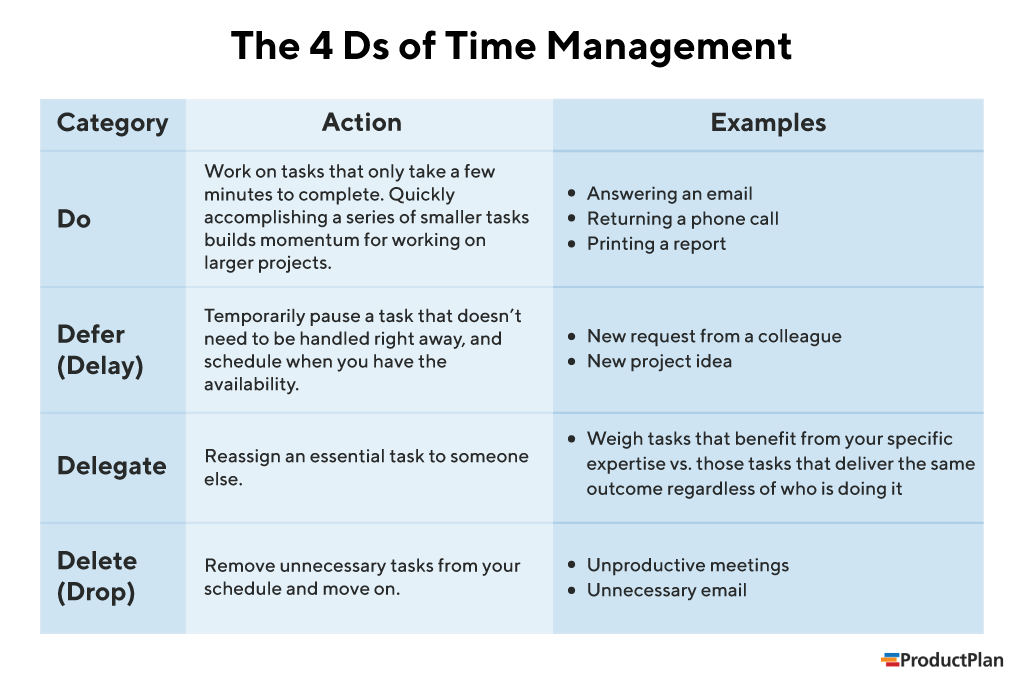
13. Technical Competence
A product manager doesn’t need to be a developer or obtain a computer science degree, but having a solid understanding of the technology behind the product is crucial. With technical knowledge under your belt, you can understand product structure and features in more detail. Thus, you can outline roadmaps, prioritize features, and ensure the product meets technical requirements.
Pro tip: The amount of technical knowledge you’ll need will depend on the complexity of the product. If you’re at the beginning of your PM career, starting with the basics is better. HubSpot is a great place to explore HTML/CSS. When you’ve got some field experience, you can move on and master more complex things such as SQL and JSON.

14. Agile and Scrum Methodologies
Agile and Scrum are all about embracing change, adapting to customer feedback and market demands, and delivering value quickly. They preach the idea of working together as a tight-knit team, breaking down big tasks into smaller, more manageable ones, and iterating on your product as you go.
It’s safe to say that Agile and Scrum penetrated all spheres of the tech industry and went beyond. So, it’s a must to learn these methodologies for all product managers.
Pro tip: On Coursera, you can find courses and certifications for Agile and Scrum from Google, Microsoft, and other high-end companies.
15. Design Thinking
Design thinking is a non-linear, human-centered, problem-solving approach with a focus on empathy, innovation, and iteration. It’s essential for product managers because it helps them create products that genuinely address user needs and drive business growth.
For example, when PMs think of developing a new feature, they would first seek to understand the users' pain points. Then they would ideate, prototype, and test potential solutions. Lastly, PMs would iterate the solution based on user feedback.
Pro tip: Design thinking is a combination of skills you’ve got to master — emotional intelligence, user research, problem framing, journey mapping, and brainstorming. You can hone them in parallel, but it’s better to enroll in a design thinking course and practice these skills on a project under supervision. Consider taking part in Harvard Business School’s Design Thinking and Innovation course.
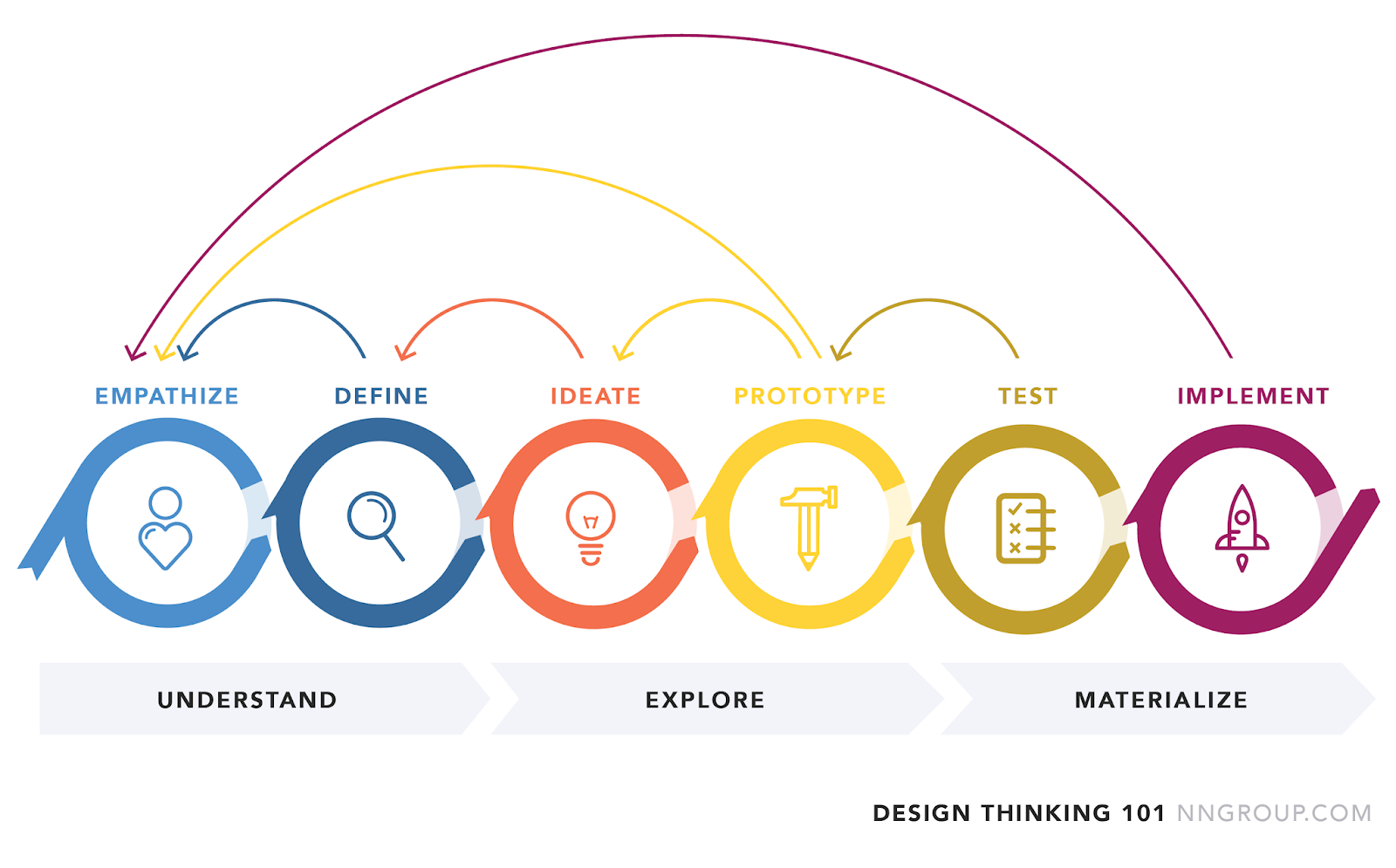
16. An Understanding of Go-to-Market
Sean Lauer, a senior director of product marketing at Mural, recommends that teams build a solid understanding of go-to-market (GTM) strategy. Product managers need to think beyond product development and shipping code.
“The success of a release and the adoption of a new product or feature requires an end-to-end mindset,” he says. “The PM is the subject-matter expert about why a new product or feature has been built and should play an integral role in making sure that the end user or customer finds value.”
This GTM strategy could include everything from internal enablement of non-technical audiences, creation of technical documentation, or participating in a user-facing webinar to demo a new product. The best PMs build a strategy for tackling these challenges before they arise.
Combining Hard And Soft Skills For Product Management Efficiency
Product management is complex by its nature and requires both hard and soft skills. So, you always need to upskill and put a lot of effort into remaining competitive in the job market. Develop these 15 skills to skyrocket your career and guide your product to success.
![→ Download Now: Free Product Marketing Kit [Free Templates]](https://no-cache.hubspot.com/cta/default/53/08b5e1f4-5d26-405b-b986-29c99bd0cb14.png)








